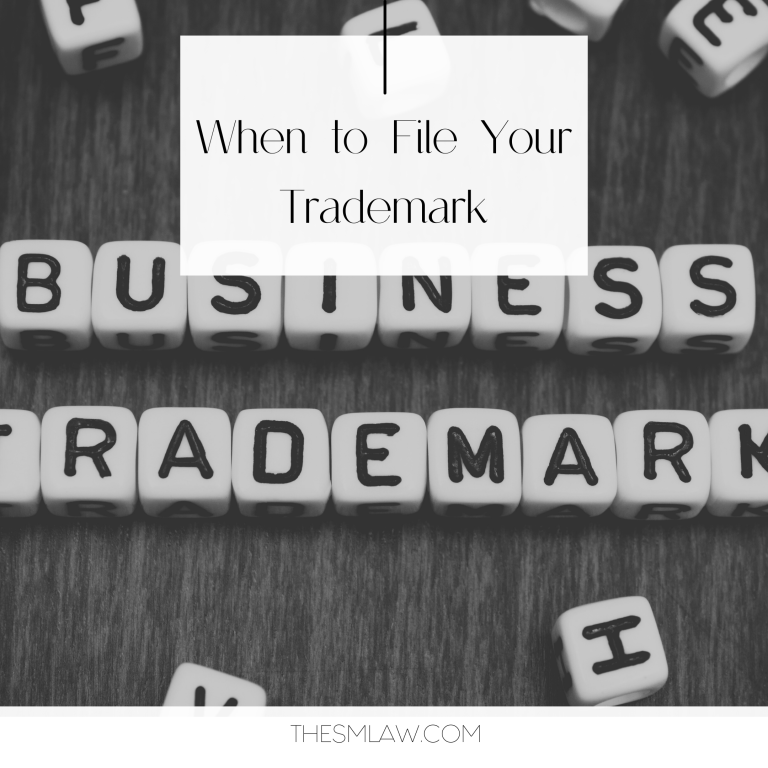LLCs v. Other Business Structures!
You are probably wondering what’s so great about an LLC and why you should structure your business as such, as opposed to anything else. It’s simple in some situations, and not so simple in others. An LLC is NOT one size fits all, but it can be the better option for MOST businesses, especially those just starting.
LETS TALK ABOUT IT!
A limited liability company is a legal business entity created to shield its member(s) from liability. LLCs are flexible, easy to maintain and hassle free to start. However, there are other business entities.
We will discuss the four most common types. They include Sole Proprietorships, Partnerships, Corporations, and Limited Liability Companies.
- Sole Proprietorships (SP)
Lmao! I’m laughing because just no! Like no, no, no, no, no. A SP is not the option under no circumstances. First, sole proprietorships are often not recognized as a business entity. That is because there is no separation between the owner and the business. The business is you and you are the business. (Don’t confuse this with a brand, which you always represent). A sole proprietorship almost doesn’t even exist lol.
A SP can only have one owner and as that one owner, you are 100% personally liable for all debts and judgements against your business. There is no separation of personal and business assets. Also, in most states you’d have to obtain a DBA (Doing Business As) to take advantage of the business perks available to a SP such as opening a business bank account. So, if you are in business to have customers, clients or make money, then I would not recommend this structure for you.
A DBA basically states, “Sierra Mouton doing business as SM BizTalks”. It authorizes you to operate under the “business” name rather than your own “personal” name. A SP will also allow you to obtain an EIN so that you don’t have to use your social security number. Again though, if you are trying to even make a dollar, choose a better business structure.
- Partnerships
Partnerships can be general which is a general partnership, limited (LP) which is a limited partnership or limited liability (LLP) which is a limited liability partnership. Of the three, there is only one I would feel comfortable with, and that is a LLP or limited liability partnership. However, I only know this to be beneficial for licensed professionals such as attorneys or accountants who are interested in protecting themselves from malpractice suits against the other partner(s).
With the other two partnerships (general and limited), at least one partner would have to assume 100% unlimited or personal liability for the business. While the partner can sue the other partner(s) for their specific share of liability, it could be tiresome and costly. If you have already invested in a business the last thing you want to do is pay legal fees to sue your partner for their share of debt.
If you are interested in partnering with someone, be sure to read through the LLC option below to learn different ways this can be done. As always, do your research, and I don’t care how far you and your partner go back, put it on paper!
- Corporations
A corporation is an actual entity completely separate from its owners. This means there is no personal liability. Sounds great right? Yes. It does but… There is always a but lol. Corporations require a lot of responsibility. You are required to have so many meetings so often in which you must maintain meeting minutes. You also must have a board of directors, bylaws and shareholders. These are strict rules for corporations meaning you could lose your entity if you don’t follow them.
There is also the tax aspect. We’ve all heard of the big “double taxation”. This means the corporation is taxed twice. Once at the entity level, and a second time on dividend payments. Being a corporation does have some benefits though. If you are interested in this structure, you should consult both an attorney and a CPA. Get the guidance and save the headache!
Most people think they need to be a corporation because they are considered “sexy” or more “desirable”. However, that is simply NOT true. YOU, YOUR BRAND, & your business in general is what’s sexy and desirable. Not the business structure (unless you have a SP, that’s not sexy or desirable. Lmao).
Corporations could be a great option for some, and a disaster for others. Just do your research and hire an attorney. Don’t be intimated or fearful of getting help.
- Limited Liability Companies v. Other Business Structures
LLCs V. Sole Proprietorships – If you are in business to make money then you should choose the LLC over the SP. Not only are LLCs recognized as a business entity, but it also provides some liability protection. This is needed to protect your business, your brand, your assets, and your investments.
LLCs V. Partnerships – As mentioned above, there are several partnership options. However, do your research and be aware of all your partnership options. If you are interested in starting a business with a partner(s), one way you can do it is by starting a multi member LLC. LLCs can have more than one member.
With LLCs, the members can work with an attorney to draft an operating agreement that is 100% tailored to their business. It can detail the percentage of profits and losses the member(s) are responsible for, and it can detail the day-to-day responsibilities of the member(s). This structure can prevent one person from assuming all liability of the business. This also prevents members from having to sue their partners for their portion of liability as all members are equally bounded by the specifics in the operating agreement, and responsible for their share of profits and losses.
Another option for a partnership under an LLC is to do a joint venture. A joint venture is when two separate business come together to do a project or some business venture together. Depending on the industry you are in, it may be possible to do just a joint venture agreement which is a contract stipulating all the details between the businesses about the venture, or you may have to create a separate LLC that both businesses are members of. It can also be more than two businesses. I personally like this option because it is clean, all businesses are protected, and it works. I have utilized this in my real estate business, and it may be a good option depending on your industry.
LLCs V. Corporations – Again, LLCs are less demanding than corporations, which is a big responsibility. With the LLC, you must only do two things. This include following what is outlined in your operating agreement and completing your annual filing on time. LLCs also don’t have double taxation. With an LLC, taxes are passed through to the members. This is why LLCs are referred to as “pass-through entities”. Each member pays taxes on their portion of profits and losses as outlined in the operating agreement.
LLCs are good for strong liability, minimal formalities, and pass-through taxation. In my opinion, for any business starting out this is the best option.
START WHERE YOU ARE, WITH YOU HAVE, AND MOVE FORWARD FROM THERE.
As a new business owner, it is easy to get distracted by what others have and what they are doing. My suggestion is to skip all the dramatic extras and just get what you need. An LLC is a simple and basic business entity that protects you and your business. There is no one stopping you from restructuring later. However, in the beginning, do what you need to do to get started, and get started the right way.
Don’t get distracted by what others are doing. Just Do You!








